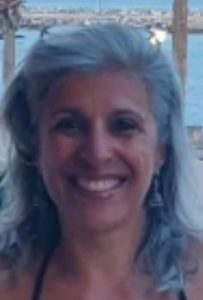
One Sunday morning I could not get out of bed. I was not hungover. Over the next few hours, I sweated through the bedsheets and mattress protector in our friends’ guest room. By early afternoon I had put myself in their shower and shame-facedly stripped the bed.
The next day, I called in sick for the first time in 23 years. Tuesday morning, I dragged myself into work, did morning surgery and was found by one of our receptionists asleep on my examination couch. Not my best demonstration of responsible behaviour. My (fairly newly appointed) junior partner woke me up, took bloods and sent me home. Luckily Tuesday was a half day for me, but I wasn’t able to share the midday home visits with him. My results were unremarkable.
The next day, I called in sick for the first time in 23 years.
Wednesday was spent in bed and by Thursday I allowed myself to ask for help. A younger GP from our registered practice actually offered to come see me at home. I almost cried from his kindness but actually ended up crying because I struggled to shower. I conceded defeat and phoned a friend to take me to my appointment less than 5 minutes’ drive away. The doctor was thorough and compassionate and prescribed antibiotics for a chest infection. I begged for Zithromax hoping to be back at my desk by Monday.
The next morning, I was on my knees (literally). My husband, also a GP, took the day off work and accompanied me to the local hospital where I had been referred for further investigation. I fell asleep sat up in the waiting room, gasping for breath. A much older gentleman anxiously offered me his more comfortable chair.
When I got shown the “white out” of my left upper lobe and my CRP of over a hundred, I remember having just enough energy to do a mental fist pump. The relief that my infirmity was justified overwhelmed me. The risk assessment advised admission (mostly because my blood pressure sits at 90/50 on a good day) but we convinced them to let me go home under strict instructions and my husband’s supervision.
For the next 3 weeks I remained in bed tolerating only coconut water. I lost a total of 8 kilos. My young son asked me where my bum had gone. I took a whole variety of antibiotics, experienced the joy of side effects and discovered a drug allergy (swelling and itching galore). Eventually, I came downstairs to the sofa for a few hours a day and watched the box set of Downton Abbey. My girlfriends brought me varieties of homemade soup and lots of hugs. Some drove miles.
When I got back to work after 8 weeks away nothing had changed and most patients hadn’t noticed.
I paid for a physio to visit me at home and work on my chest. The exercises really helped my breathing (and restored my much missed sense of control). The first day out I walked 6 houses down. My husband then had to get the car to bring me home whilst I waited on someone’s garden wall. Very slowly but surely, I built myself back up again – in terms of diet, activity and exercise. A friend admitted she had thought I was going to die.
My job share partner made it clear I was to hit the ground running. Her husband had returned to work too soon after surgery for a perforated diverticulum and regretted it. She kindly explained that no one would want to be tiptoeing around me, concerned by my cough or breathlessness, feeling the need to do my visits or see my extras. My GP wholeheartedly agreed. So, I did admin mornings for a week and slept like the dead every afternoon.
When I got back to work after 8 weeks away nothing had changed and most patients hadn’t noticed. My role had been covered by newly qualified GP registrars and (seemingly) no one had died (as a direct result of my absence).
It was an invaluable lesson in humility. I am not unique. I am not special. I do a job that others can do. I am eminently replaceable. My husband and kids did not starve or walk around in dirty clothing. The planet did not need me to maintain its spin.
Take note.
Featured Photo by Rehina Sultanova on Unsplash

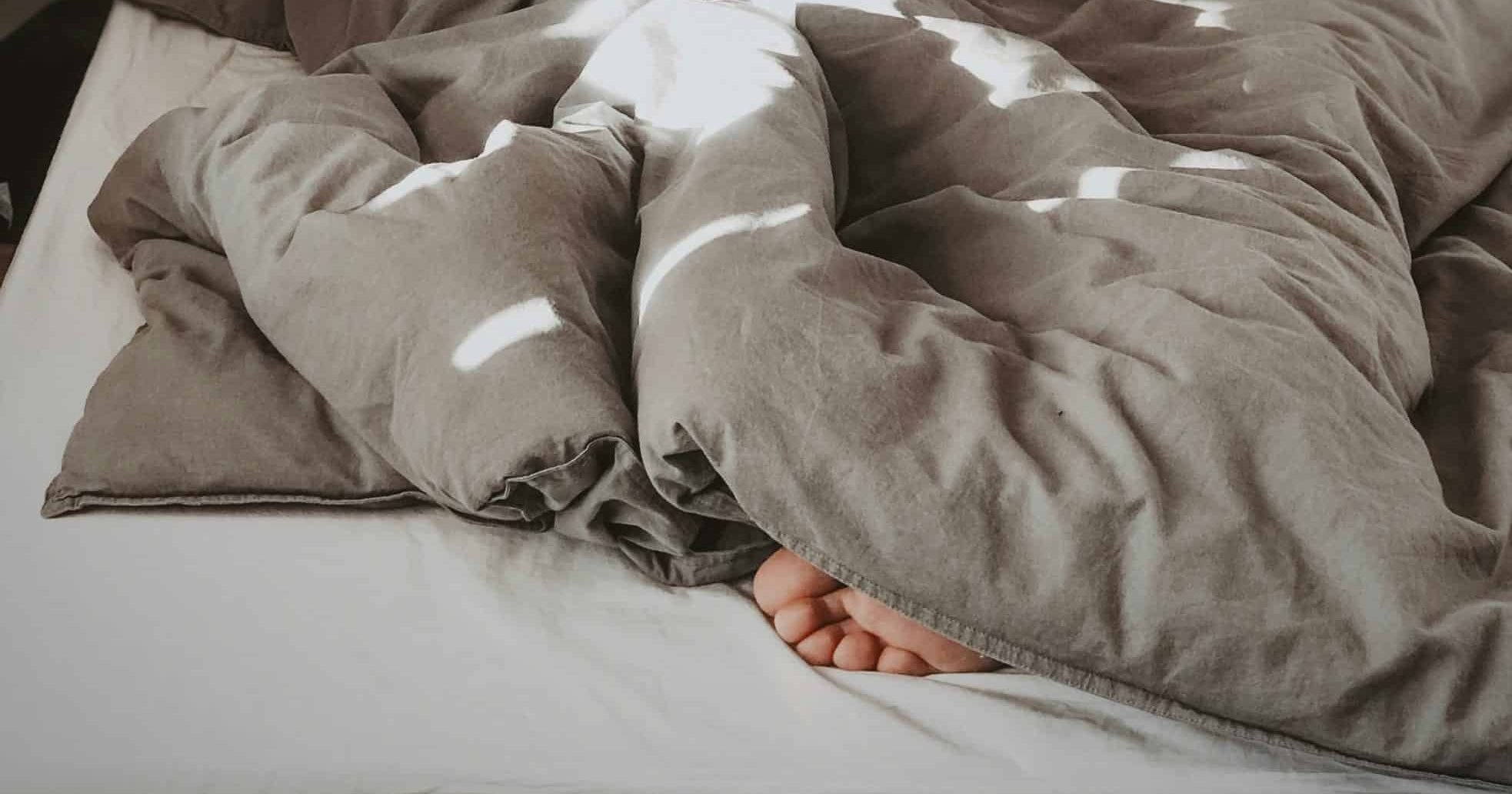
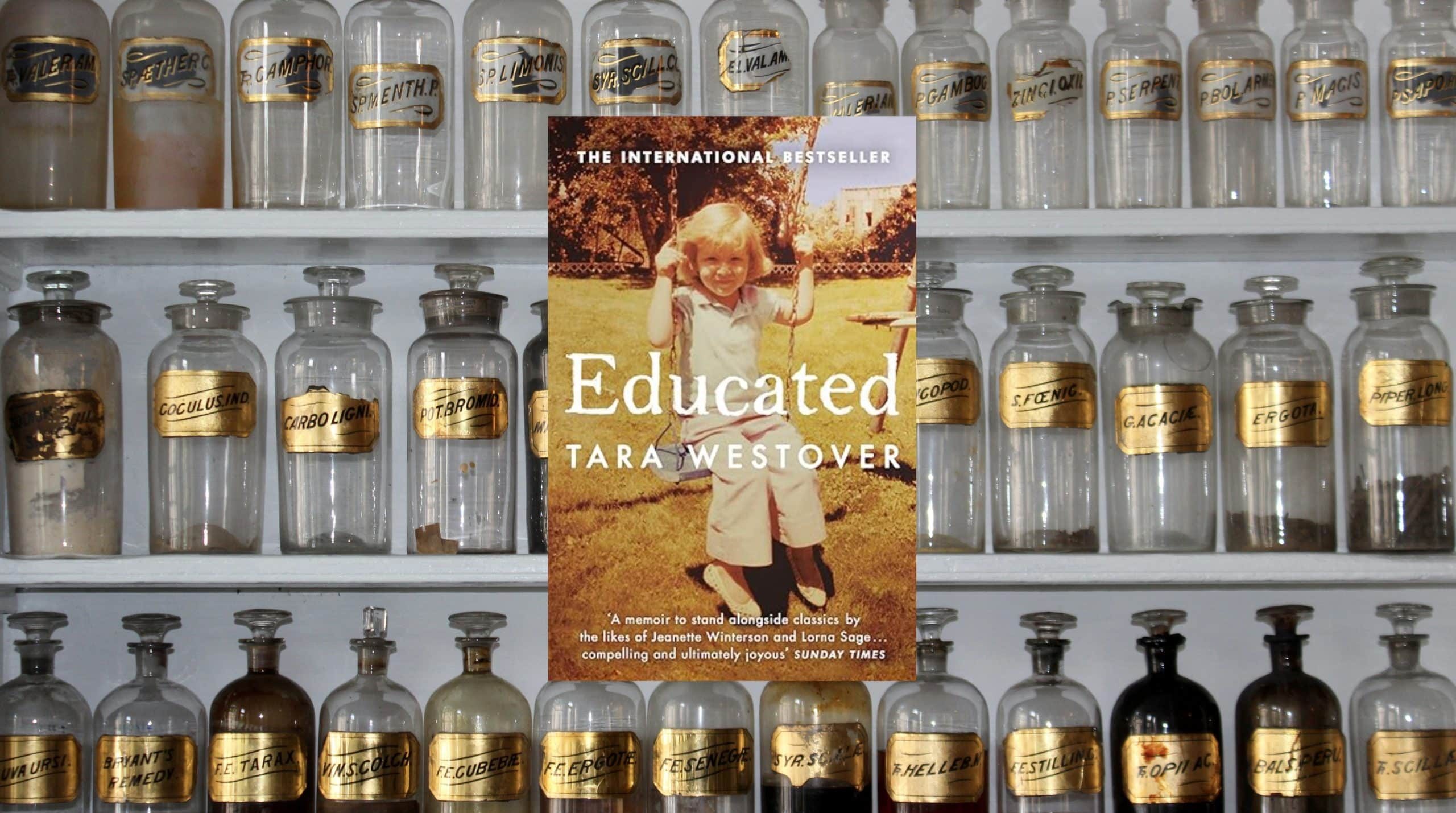



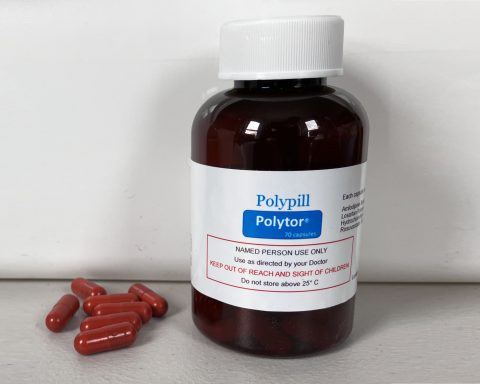
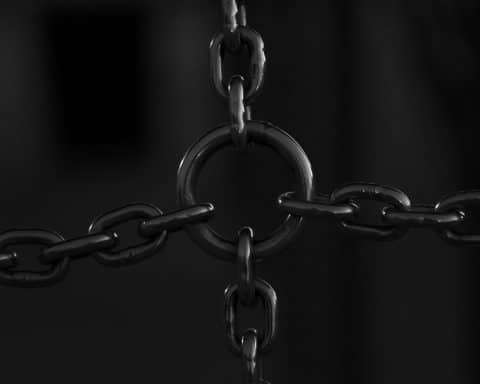

Lavina, this reads so true. As doctors we tell others it’s ok to be human, this has helped remind me to listen to my own advice.